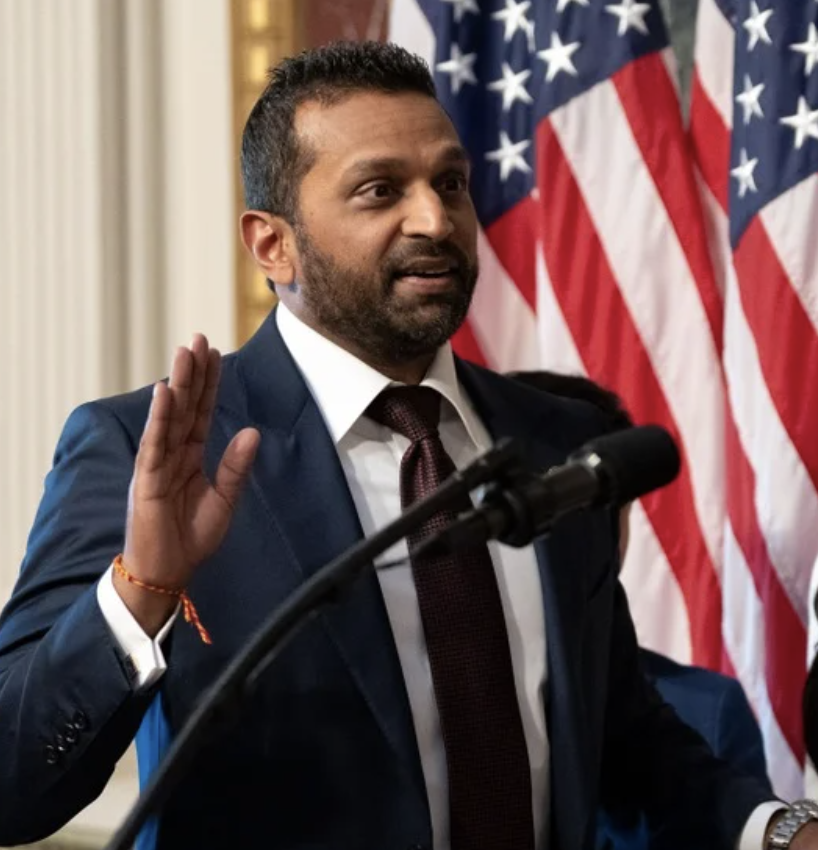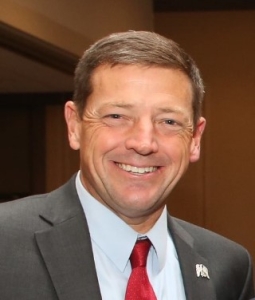Dear President-elect Obama,
Congratulations on your election by the American people to be their Chief Executive. Now comes the hard part.
I write this letter to provide some unsolicited advice about one of your most important duties, the enforcement of federal law. Neither you nor your opponent said much about crime or law enforcement during the campaign. I hope this doesn’t signify a belief that these issues are not among the most important challenges facing our nation. Frankly, those of us who are or have been in law enforcement cannot tell whether your administration will commit the attention and resources to make crime reduction one of the priorities of the new government. Whether you know it or not, there are significant decisions to be made to maintain the nation’s security and its effective public administration of justice.
First, you must select as an Attorney General, 93 United States Attorneys, and the other “political” appointees in the Department of Justice, men and women of exceptional dedication, integrity and ability. They must be independent of political partisanship and committed to the full and fair administration of justice and the zealous investigation and prosecution of crime in all of its forms. Please don’t re-pay political obligations or allow party loyalty to become factors in deciding on these appointments.
Second, resist the pressures and temptations in this economic crisis to reduce the federal budget for criminal and civil law enforcement. This is not to say that federal agencies cannot be more efficient and effective in spending the public’s money. But cutting back on law enforcement resources would be a mistake. Some areas, such as combating the international drug trafficking-terrorism nexus and fraud investigations of financial and business institutions, to name a couple, need more resources, not fewer. The return from this additional investment in federal law enforcement will be worth the initial pinch.
Third, make a clear and unmistakable pronouncement that the Department of Justice, under your watch, will operate in a culture of impartiality, transparency, and fairness. Particular attention must be given to reverse the practices of politicization of the previous administration. Decisions on individual investigations and prosecutions must be made based strictly on the applicable law and facts of a particular case. Complaints and attempted influence by politicians, including the Congress and the White House, on individual cases are inappropriate and must be both resisted and the attempt made public.
Such policies should not impair the healthy debate and communication by the legislative and executive branches to the Department and law enforcement agencies as to the policies and priorities on specific categories of cases, as well as practices and procedures.
Fourth, re-establish the practice of nonpartisan hiring of career employees of the Department of Justice. Career attorneys, agents, and other staff members are the backbone of the federal criminal justices system. They prosecute and investigate the individual cases which adjudicate rights and liberties and provide for the incremental development of the rule of law. Moreover, on policy questions, they maintain continuity, develop essential expertise on increasingly complex matters, and provide perspective and objective advice. Career law enforcement officials should be consulted and should participate in all policy discussions. This omission, as much as any other, was at the root of the failures of the Gonzalez Justice Department.
Fifth, you have a unique opportunity to influence segments of society who seem to have lost faith in law enforcement. The more visible wear “No Snitch” t-shirts and sing rap songs about the cops being the enemy. Even more disturbing is the seemingly increasing ethic to refuse to talk with police and federal agents. The anti-snitch culture has moved from an antipathy for informers to the advocacy of non-cooperation with all of law enforcement. The results in some places are falling crime clearance rates, witness reluctance and intimidation, and juror skepticism. Even more dangerous are those who openly obstruct the efforts of federal agents, such as providing personal information on agents and cooperating witnesses on internet websites. We cannot afford to undermine the legitimacy of law enforcement in communities which most need its protection. Oppose legislation which would dilute the effect of cooperating witness testimony, such as reliability hearings and corroboration requirements. Use your position to re-establish the norm that assisting law enforcement is every citizen’s responsibility.
Finally, there are several substantive areas in law enforcement which need your attention. Immigration and the continuing struggle against violence and lawlessness on both sides of the Southwest border should be a priority. The financial scandals have prompted much needed investigations which not only need more resources but have highlighted legal areas where enforcement can be made more effective. Consistent with our newly expanded constitutional right to bear arms, legislative efforts to limit guns for non-criminal purposes ought to be pursued. Other fine-tuning of statutes on subjects such as hate crimes, transnational offenses, “medical” marijuana use, to name a few, need your support for further study and debate.
Well Mr. (almost) President, I fear I have gone on too long, especially since you didn’t ask my advice in the first place. I ask only that, in fulfilling promises made on the campaign trail, you don’t forget the fundamental functions of government which made this country a great place in which to live.




